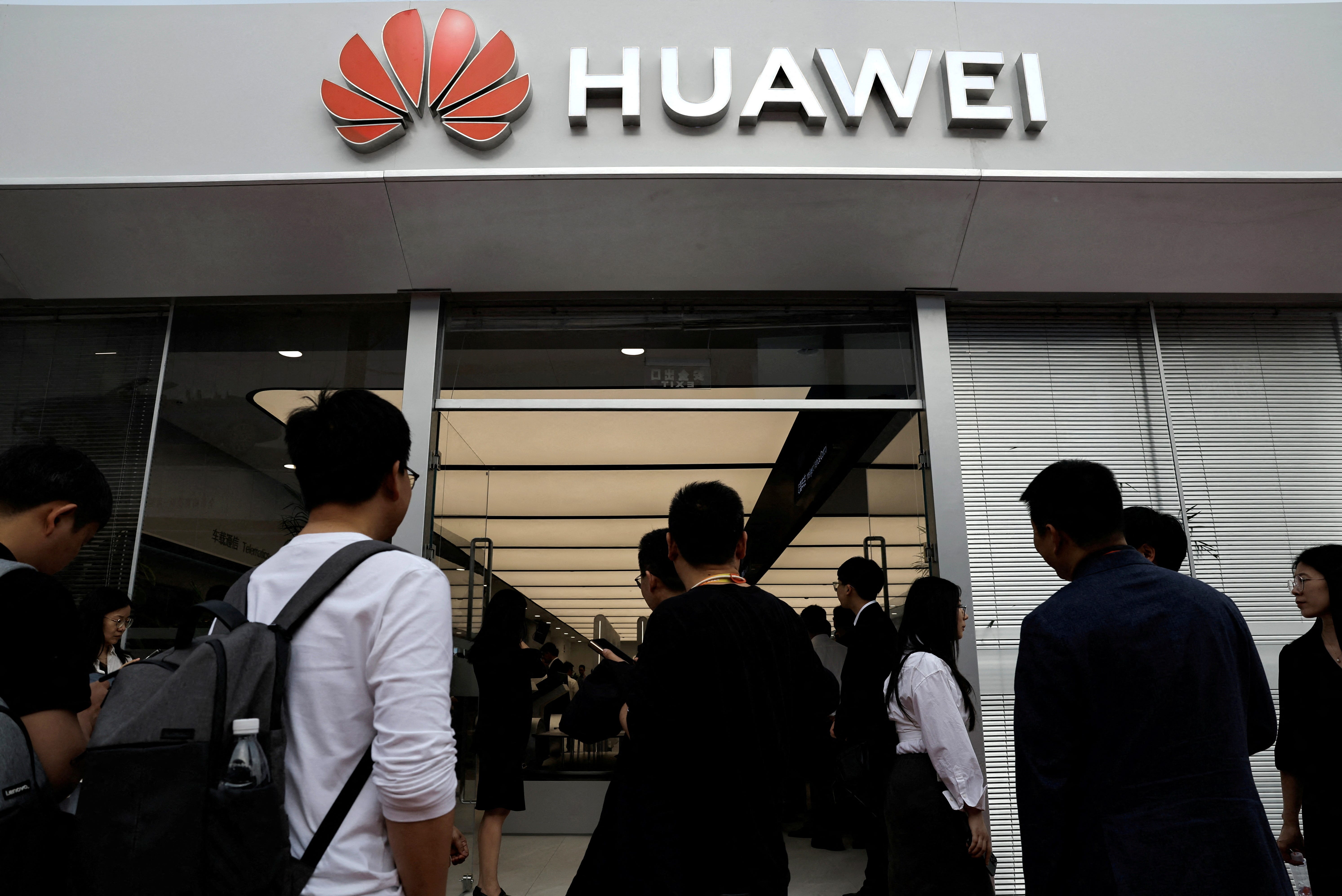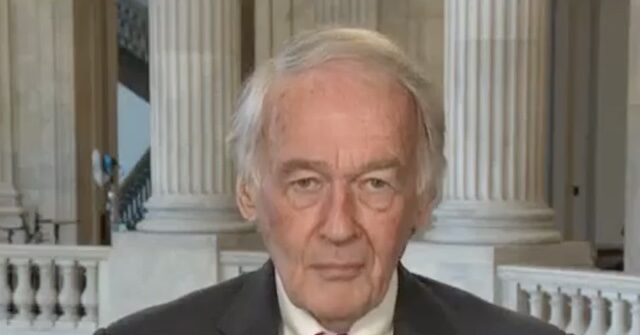
Tingshu Wang/Reuters
Banning the export of Nvidia chips is unlikely to stymie China’s development of advanced AI, according to Bernstein analysts.
Nvidia notified investors in a new regulatory filing last week that it expects the Trump administration to require a license for exporting the type of powerful semiconductors used to build AI products to China. Analysts widely interpreted the license requirement as an export ban.
The US chip firm said it would incur $5.5 billion in charges related to inventory, purchase commitments, and reserves for its H20 chip model in the first quarter, which ends on April 27.
Nvidia designed its H20 chip to exactly fit with Biden administration limits on the power of chips that could be sold to Chinese companies, the aim of which was to curb China’s AI progress. (A new congressional inquiry takes issue with this reaction to the regulations.)
“Banning the H20 would make no sense as its performance is already well below Chinese alternatives; a ban would simply hand the Chinese AI market completely over to Huawei,” Bernstein analysts wrote in a note to investors Wednesday.
How Chinese AI progressed despite chip limits
Chinese companies have been reducing their reliance on Nvidia chips, according to the analysts. To do so they have found ways to perform model training on unrestricted edge devices, like personal computers and laptops. They’ve also moved much of the inference workloads, the AI-generated responses and actions, to Nvidia alternatives.
Chinese companies have also engineered ways for chips designed by their homegrown tech giant, Huawei, or other locally made chips, and Nvidia chips to be networked together, though software remains a challenge in fully converting from chip to chip.
“Our channel checks have shown that most companies are able to carry on without H20 chips,” the analysts wrote.
Chinese companies with revenue from foundation model subscriptions — similar to US firms OpenAI or Anthropic — will have the hardest time converting from Nvidia chips to alternatives, since training models is more dependent on Nvidia’s proprietary software CUDA.
One Chinese company required 200 engineers and six months to move a model from the Nvidia platform to Huawei chips, and it still only reached 90% of the previous performance, according to Bernstein.
Huawei presents the most formidable challenge to Nvidia in China.
“In the longer run, expect Huawei to keep closing the gap in performance and Chinese foundational models making up for compute deficiency with Deepseek-like innovation,” the analysts wrote.
Chip supply, though, is likely to be constrained for the foreseeable future, they added, as Huawei, like most major players in the AI chips game, is somewhat dependent on production from Taiwan Semiconductor Manufacturing Company.
The post China’s AI growth will be ‘largely unaffected’ by chip export rules, analysts say appeared first on Business Insider.




